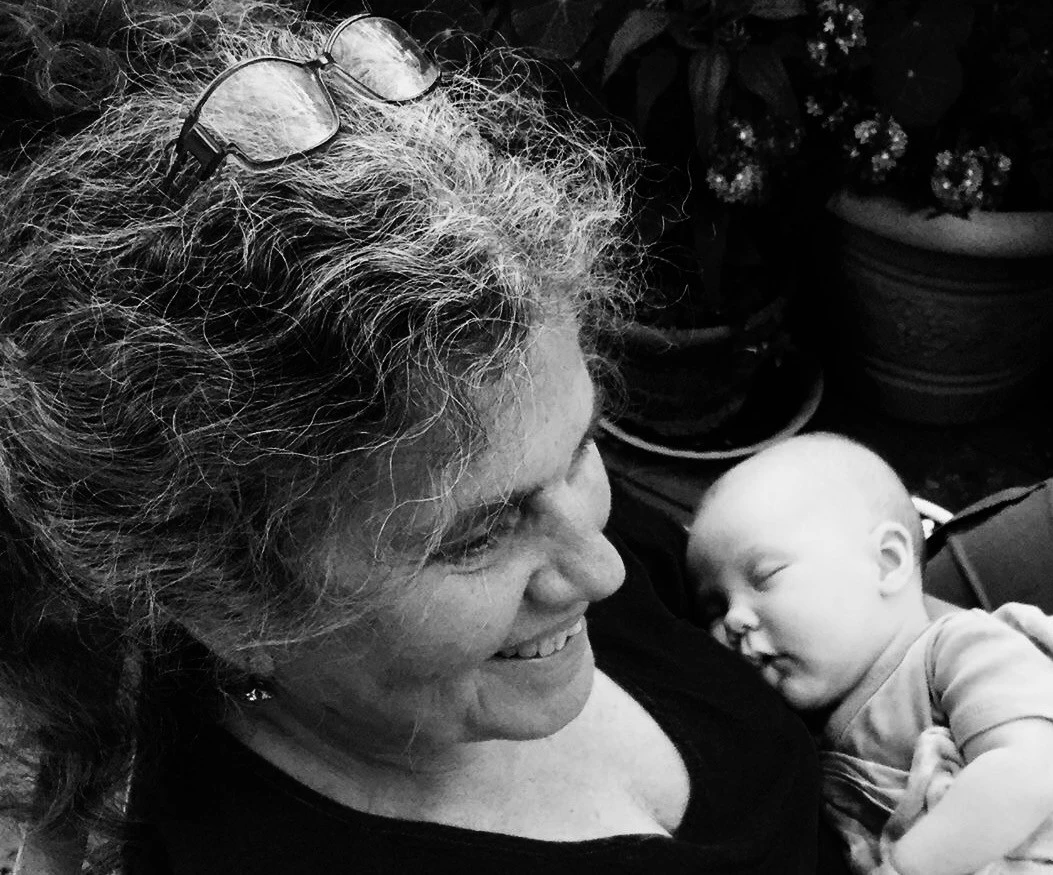As an asthmatic for 65 years and a mental health therapist for 45 years, I can attest to the importance of healthy air for healthy people. In my mental health practice, one of the techniques I advocate to alleviate anxiety is deep breathing, but the toxic soup of smoke that often surrounds us during summer wildfire season raises doubts that this is a good idea.
Wildfire smoke (an unhealthy mix of gases and fine particles) at the levels and over the duration we often experience across the Western United States is harmful to our respiratory and cardiovascular health. In addition, just as breathing unhealthy air can exacerbate asthma, allergies, and other respiratory conditions, prolonged smoke exposure can exacerbate mental health issues such as anxiety and depression. The smoke makes it harder to get out and exercise, obscures our views, and can create a sense of claustrophobia.
There is also the economic inequality in the ability to respond to the smoke, as many of us worry about how we will afford air filters to keep our kids and families safe. These impacts are real and I see them in my practice.
We know that climate change is increasing the length and severity of our wildfire seasons, meaning more unhealthy smoke and more people suffering from the physical and mental impacts of prolonged smoke exposure. It is no wonder that the World Health Organization identifies climate change as the greatest threat to global health in the 21st century. All of this adds to the list of reasons why our decision makers must take action to meaningfully address climate change. Our freedom to live healthy lives is at stake.

